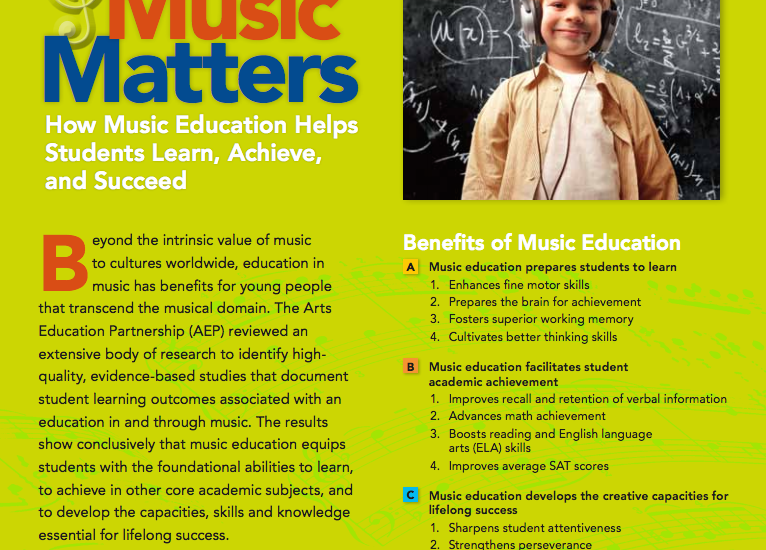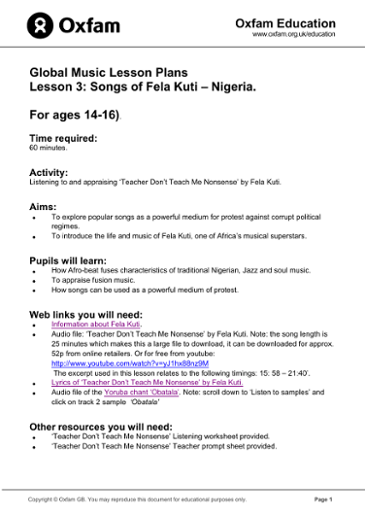Discover the Healing Power of Music in Education
When we think of education, we often think of traditional subjects like math, science, and history. But there is a growing body of research that suggests that music can play a crucial role in the learning process. In fact, music has been shown to have a profound impact on students’ academic performance, emotional well-being, and overall development. So how exactly does music contribute to education?
The Science Behind Music and Learning
Music has been found to activate multiple areas of the brain, including those responsible for memory, attention, and creativity. When students engage with music, whether through listening, playing an instrument, or singing, they are stimulating various cognitive processes that can enhance their learning abilities. Research has shown that students who participate in music education tend to perform better in other subjects, have higher IQs, and exhibit improved language skills.
Emotional Benefits of Music in Education
Music has the power to evoke a wide range of emotions, from joy and excitement to sadness and nostalgia. By incorporating music into the classroom, educators can create a supportive and inclusive environment that nurtures students’ emotional well-being. Music can also serve as a form of self-expression, allowing students to communicate their thoughts and feelings in a non-verbal way. This can be especially beneficial for students who may struggle with traditional forms of communication or have difficulty expressing themselves verbally.
Enhancing Creativity and Critical Thinking
Music is a highly creative and subjective art form that encourages students to think outside the box and explore new ideas. By engaging with music, students can develop their creativity, problem-solving skills, and critical thinking abilities. Whether they are composing their own music, analyzing a piece by a famous composer, or improvising on an instrument, students are constantly refining their ability to think creatively and critically. These skills are not only valuable in the world of music but also in other academic and professional settings.
Integrating Music into the Curriculum
Despite the numerous benefits of music in education, many schools struggle to prioritize music education due to budget constraints and competing priorities. However, there are many ways to integrate music into the curriculum without breaking the bank. Educators can incorporate music into existing subjects, such as using songs to teach history or math concepts, or by organizing music-related events like concerts or talent shows. Technology can also be a powerful tool for incorporating music into the curriculum, with interactive apps and websites that allow students to create and engage with music in new and exciting ways.
Conclusion
Music has the power to transform education by improving academic performance, fostering emotional well-being, and enhancing creativity and critical thinking. By recognizing and harnessing the healing power of music in education, educators can create a more engaging and enriching learning experience for students of all ages. Whether through traditional music classes, extracurricular activities, or innovative technology, music can play a vital role in shaping the minds and hearts of the next generation.


